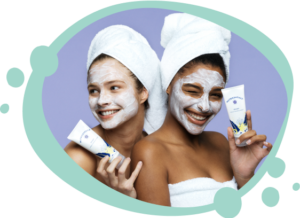 Facial mask 101
Facial mask 101
Masks are a great way to pamper your skin and give yourself some TLC.
There are many types of masks and they serve different purposes. Some masks can be used daily, where as some can be used a few times a week. Choose the mask according to your skin’s needs, which also change with the seasons and what your skin has been exposed to. I personally have a variety of masks handy and depending on my skin at the time, I choose the mask that is best for it.
There are several types of facial masks that are commonly used for skincare purposes. Here are some of the most popular ones:
Clay masks: These masks are made from natural clay and are ideal for oily or acne-prone skin. They help to absorb excess oil and impurities from the skin, leaving it feeling clean and refreshed.
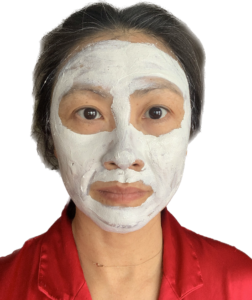 For more information for this clay mask
For more information for this clay mask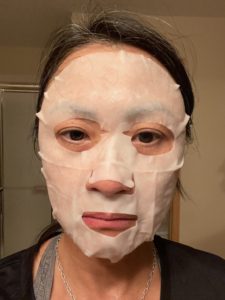 For more information for the sheet mask
For more information for the sheet maskCream masks: These masks are formulated with a thick, creamy consistency and are ideal for dry or mature skin. They help to hydrate and plump up the skin, leaving it feeling soft and smooth.
 For more info on the Creamy Mask
For more info on the Creamy MaskGel masks: These masks are made with a gel-like consistency and are ideal for all skin types, particularly those with sensitive or irritated skin. They help to soothe and calm the skin while also providing hydration.
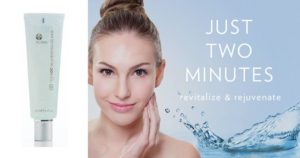 for more info on the rejuvenating gel mask
for more info on the rejuvenating gel mask
Charcoal masks: These masks are made from activated charcoal and are ideal for oily or acne-prone skin. They help to absorb excess oil and impurities from the skin, leaving it feeling clean and refreshed.
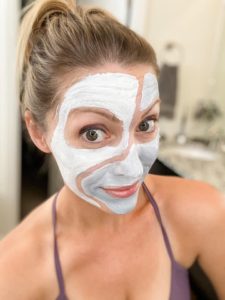 For more info on the charcoal mask
For more info on the charcoal maskFacial masks can be beneficial for the skin in several ways, depending on the specific ingredients used in the mask. Here are some of the benefits:
1. Deep cleansing: Masks can help to deep cleanse the skin by removing impurities such as dirt, oil, and dead skin cells, which could clog pores. They can also remove dead skin cells, leaving the skin looking brighter and smoother.
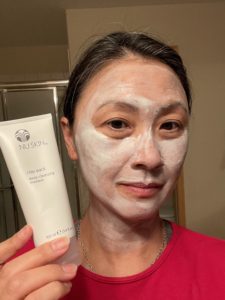 For more information for this clay mask
For more information for this clay mask
2. Hydration: Certain masks, such as those containing ingredients like hyaluronic acid or aloe vera, can help to hydrate and plump up the skin. These are especially beneficial for those with dry or dehydrated skin. Hydrated skin is less prone to wrinkles and fine lines, and looks more youthful and plump.
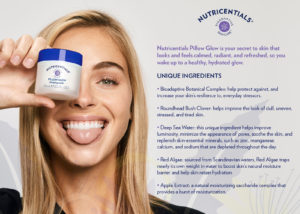 for more info on the hydrating sleep mask
for more info on the hydrating sleep mask3. Exfoliation: Masks containing exfoliating ingredients like alpha-hydroxy acids (AHAs) or enzymes can help to slough off dead skin cells, leaving the skin smoother and more radiant.
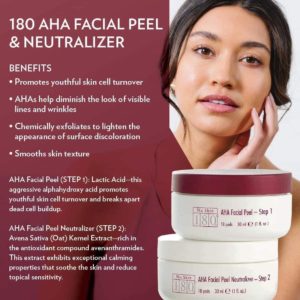 for more information on the chemical peel
for more information on the chemical peel
4. Detoxification: Some masks contain ingredients like charcoal or clay that can help to draw out impurities and toxins from the skin.
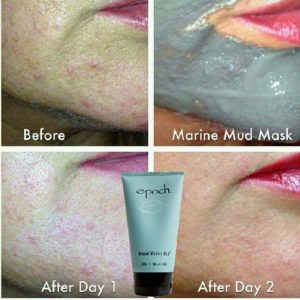 For more information on the detox mask
For more information on the detox mask
5. Anti-aging: Masks containing antioxidants or collagen-boosting ingredients can help to reduce the appearance of fine lines and wrinkles.
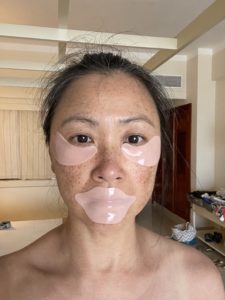 For more info on the collagen lip mask
For more info on the collagen lip mask
6. Improved Circulation: Applying a facial mask can improve circulation to the skin, which can bring nutrients and oxygen to the cells. This can help to promote cell regeneration and repair, leading to a healthier and more youthful complexion.
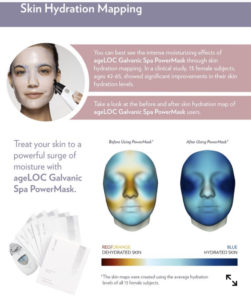 For more info on the power mask
For more info on the power mask
7. Relaxation: Applying a facial mask can be a relaxing and enjoyable experience. Taking time out to pamper yourself can help to reduce stress levels, which can have a positive impact on the skin and overall health.
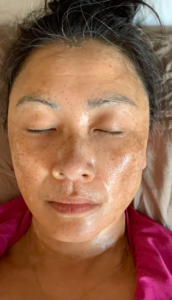 for info on the instant facelift mask
for info on the instant facelift mask
It’s important to note that not all facial masks are created equal, and different skin types may benefit from different types of masks. It’s also important to follow the instructions for use carefully, and to avoid leaving a mask on for longer than recommended, as this can cause irritation or other negative effects.
Overall, facial masks can be a valuable addition to a skincare routine, helping to address a variety of skin concerns and promote a healthy, glowing complexion.
The frequency with which you should use facial masks depends on your skin type, the type of mask you’re using, and the specific needs of your skin. As a general guideline:
1. For oily or acne-prone skin: You may benefit from using a clay or charcoal mask once or twice a week to help control excess oil and reduce breakouts.
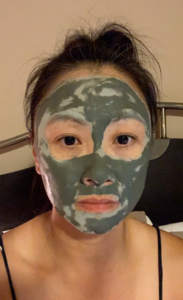 For more information on the mud mask
For more information on the mud mask
2. For dry or dehydrated skin: You may benefit from using a hydrating mask once or twice a week to help restore moisture and improve skin texture.
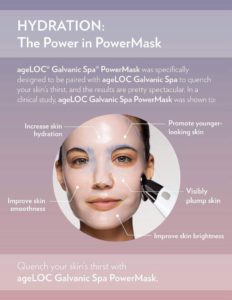 For more info on the power mask
For more info on the power mask
3. For sensitive skin: You should use a gentle, fragrance-free mask no more than once a week to avoid irritating your skin
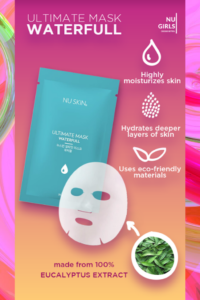 For more information on the hydrating mask
For more information on the hydrating mask
4. For mature skin: You may benefit from using a mask with anti-aging ingredients, such as vitamin C or retinol, once or twice a week to help reduce the appearance of fine lines and wrinkles.
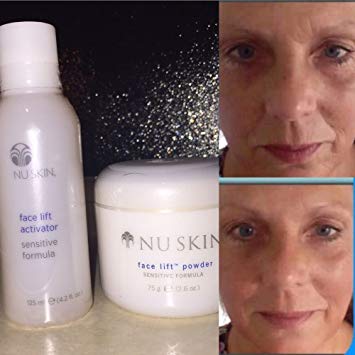 for info on the instant facelift mask
for info on the instant facelift maskIt’s important to remember that overusing masks can lead to dryness, irritation, and other skin issues. Always follow the instructions on the packaging, and pay attention to how your skin responds. If you notice any signs of irritation or discomfort, reduce the frequency of mask use or switch to a gentler formula.
You are worth it, treat yourself to a couple of mask treatments a week. Self-care is so important to your body, mind and soul.
